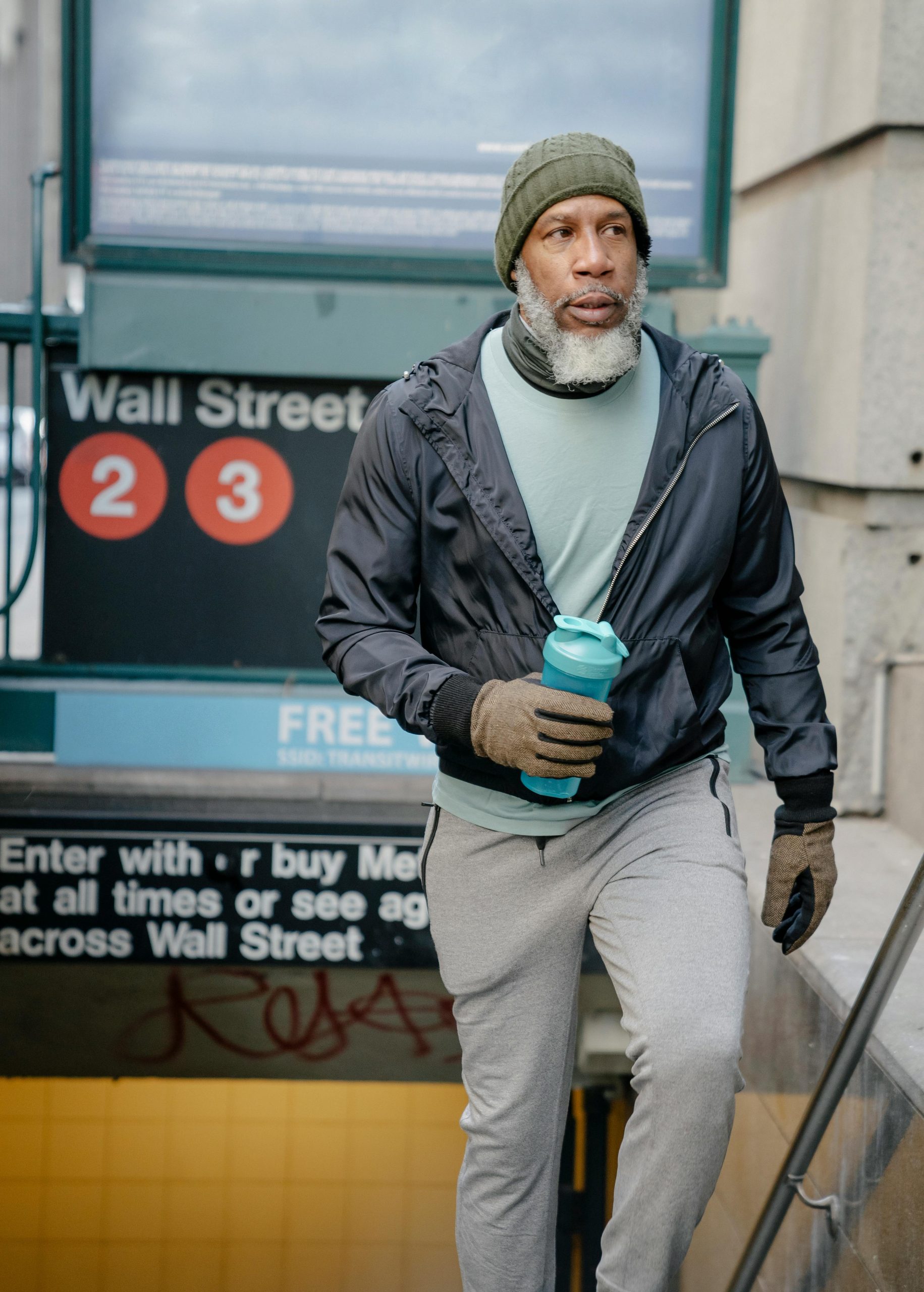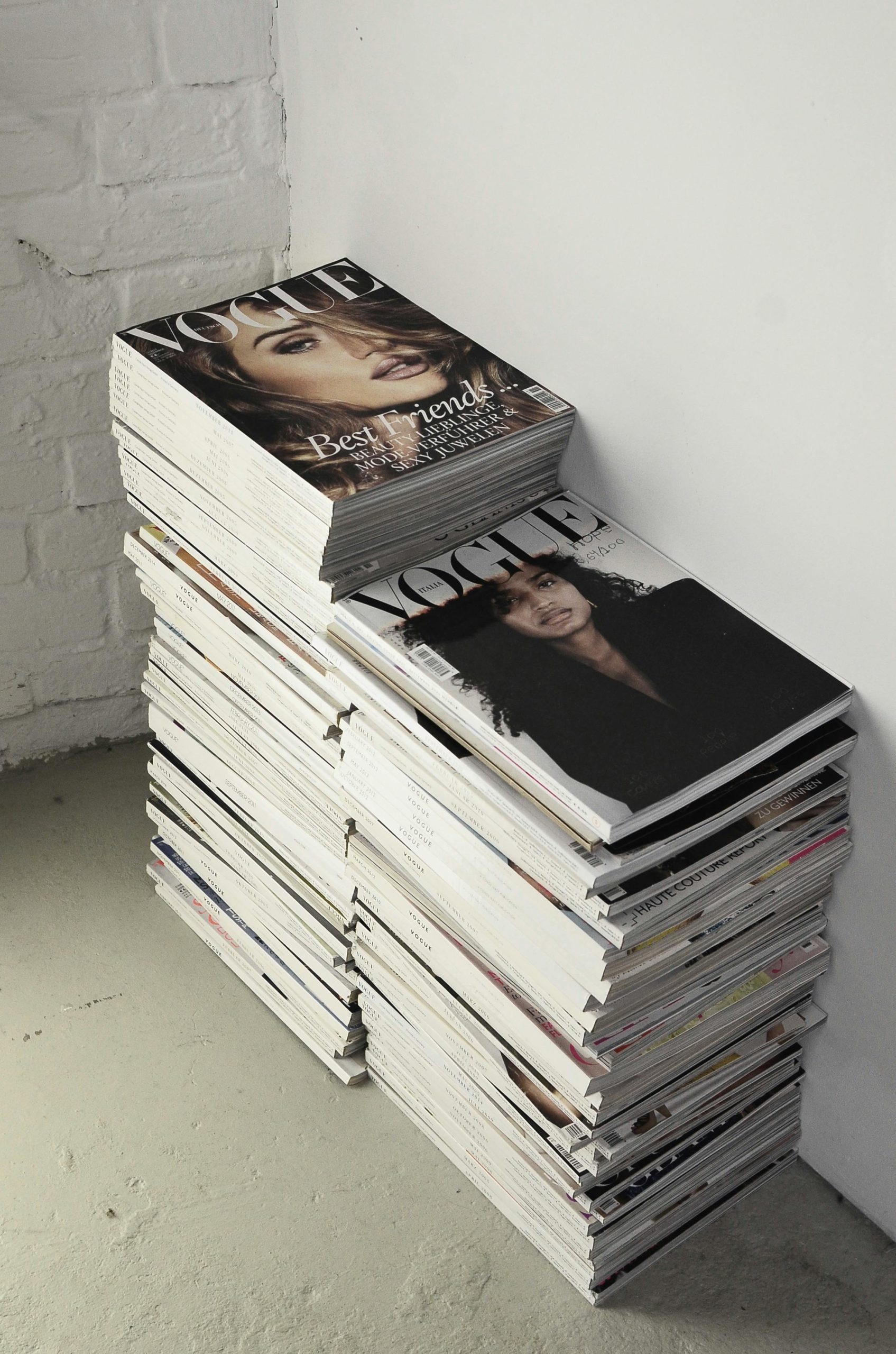The Hidden World Beneath Our Feet: Allegations of a Secret Underground City for the Elite
In a stunning revelation, a former government official has alleged that the United States has constructed a vast underground city, which reportedly cost an astounding $21 trillion. This claim has sparked intense debate and speculation about the potential existence of such a facility, aimed at serving the nation’s wealthiest and most powerful citizens.
The Allegations: What We Know
The unnamed source, whose credibility remains a matter of contention, asserts that this underground metropolis was built in complete secrecy. Its purpose? To provide a sanctuary for the affluent in the event of catastrophic events on the surface, such as natural disasters, social upheaval, or even nuclear threats. This assertion raises critical questions about government transparency, socioeconomic disparities, and the lengths to which the elite might go to protect their interests.
A Glimpse into the Possible Reality
While the notion of an underground city may sound like the premise of a dystopian novel, the idea of extensive subterranean infrastructure is not entirely far-fetched. Cities around the world have embraced underground development for various purposes, including transportation systems, storage facilities, and even entire shopping centers. For instance, Montreal boasts an impressive underground network known as the RESO, which spans over 33 kilometers, providing residents and visitors alike with a unique shopping and navigation experience beneath the bustling city streets.
Exploring the Implications
If this alleged underground city does exist, what implications would it hold for the general public? Concerns about a two-tiered society would inevitably arise, highlighting stark contrasts between the lifestyles of the rich and the average citizen. The idea that a select group could be so insulated from crises that affect the rest of the population challenges the very principles of equality and democracy.
Furthermore, the secrecy surrounding such a project raises ethical questions. Citizens have a right to know how public funds are utilized, especially when astronomical sums like $21 trillion are involved. Could the resources allocated to such an extravagant project have been better spent on public welfare, education, or infrastructure improvements?
The Role of the Media and Public Perception
Media plays a pivotal role in shaping public perception regarding such allegations. Skepticism is often articulated around these claims, alongside an equal level of fascination from audiences eager to explore the mysteries of the unknown. Responsible journalism balanced with investigative rigor can shine a light on these topics, stimulating necessary discussions about transparency and accountability in government.




What a captivating post! The concept of a secret underground city certainly evokes a mix of intrigue and skepticism. It’s crucial to consider both the plausibility of such a facility and the broader implications for society. While claims about a $21 trillion project should be approached cautiously, they highlight significant issues regarding wealth inequality and the potential disconnect between the elite and the general populace.
Historically, we’ve seen major public investments in infrastructure that benefit a narrow segment of society, raising valid concerns about transparency and public accountability. If indeed such a structure exists, or if these allegations prompt deeper investigations, it may serve as a catalyst for much-needed dialogue about where our priorities lie as a nation.
Moreover, the media’s role in this narrative cannot be understated. It’s essential that journalism not only reports on sensational claims but also rigorously investigates the validity of such information, pushing for accountability at all levels of government. Should these claims prove unfounded, it’s equally important to scrutinize why such conspiracy theories gain traction—often reflecting a profound mistrust in institutions that many feel do not represent their interests.
As we explore these claims, let’s prioritize a discussion about the ethical use of resources and advocate for initiatives that promote equity and community resilience, rather than reinforcing divides. It was refreshing to see these themes addressed in your piece!